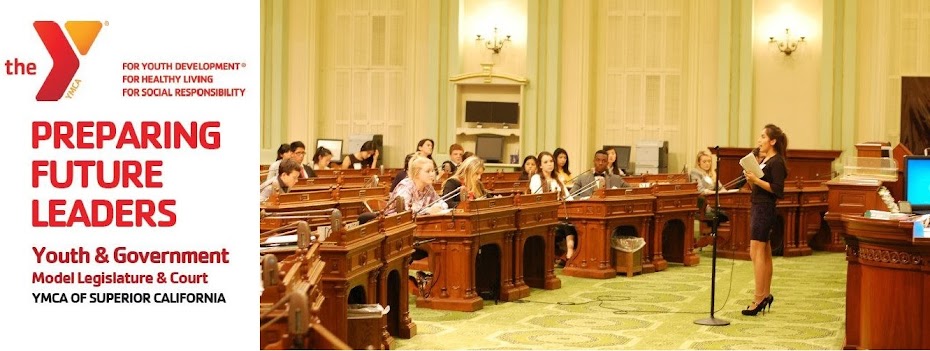“I Can’t Hardly Believe Miami’s Gone!”
With
Miami’s condominiums serving as artificial reefs and the Miami
Seaquarium now stretching from Loxahatchee to the Bahamas, the [Imaginary]President Doe
has sought to quell the rising tide of saltwater and public sentiment
by noting that the climate on Earth has always been a bit capricious:
"Why do you think we have all those fish fossils in Montana?" First Lady
Jane Doe urges Americans to support her latest cause: “Adopt a
Manatee.”
Personally,
I am shocked that the President and First Lady waste so much time
refuting climate change. Everybody already knows that this alarmist
rhetoric comes from nothing but a bunch of scientists, the same ones who
stage photo ops by placing people and cars in oak trees after one of
our daily tornadoes. These so-called “scientists” are really
pseudo-scientists looking for work. We all know that. As President Doe
himself has said, “Climate change will not be real in my mind until the
saltwater in St. Louis rises two feet above my zories." Amen.
I
suggest that the President pay more attention to far greater problems,
like Americans’ incessant writing of negative words. This problem is
real, it’s now, and it cannot be denied by deniers: Our human brains
simply have to work too hard to assimilate negatives. Presidents, like
Doe, congressional leaders, like
what's-her-name, and a bunch of lawyers tie themselves in
nots every day, and even they trip over sentences like this from a newspaper reporter:
The committee found that President Doe did not err in refusing to keep the initiative off the calendar.
Encountering
negative words forces us to go through a two-step process to sort them
out. First, we have to identify the negative words, which sometimes is
difficult, but not too bad here:
The committee found that President Doe did not err in refusing to keep the initiative off the calendar.
With
negative words identified, we now have to hark back to eighth-grade
algebra--where we first learned that two negatives make a positive--and
toss them out or combine them two at a time. As President Doe would say,
“They love me; they love me not.”
The committee found that President Doe was correct in allowing the initiative to stay on the calendar.
Much clearer. No one has to stop and count; everyone understands the first time.
If you're wondering about this tip's title, grammarians call the word hardly (scarcely, barely, seldom, and similar words) “negative in effect." So when we negate hardly,
we have a double negative--like "I Can't Get No Satisfaction." And
that's okay for the leader of the Rolling Stones, but not for the leader
of the free world - or your own writing.
Sometimes we have to use a negative, but we should avoid three kinds (see Tip "In the Land of Not"):
A simple negative made clearer and shorter in the affirmative:
This climate thing has not met with much success.
This climate thing has met with little success.
A negative followed by the word any:
President Doe did not conduct any polls.
President Doe conducted no polls.
And the plain old double (or triple or quadruple) negative:
The State Department is barred from disallowing entry.
The State Department must allow entry.
Some
of you, especially the lawyers, might not agree that the last two
sentences say the same thing. But before we stick with the former
version, let's check it closely: Sometimes we prefer it only because
we’re used to seeing it that way.
Your homework: As you drift off to sleep tonight, think about how you would rewrite this statement in the positive:
On whether to reelect President Doe, I could not fail to disagree with you less.

No comments:
Post a Comment
Note: Only a member of this blog may post a comment.